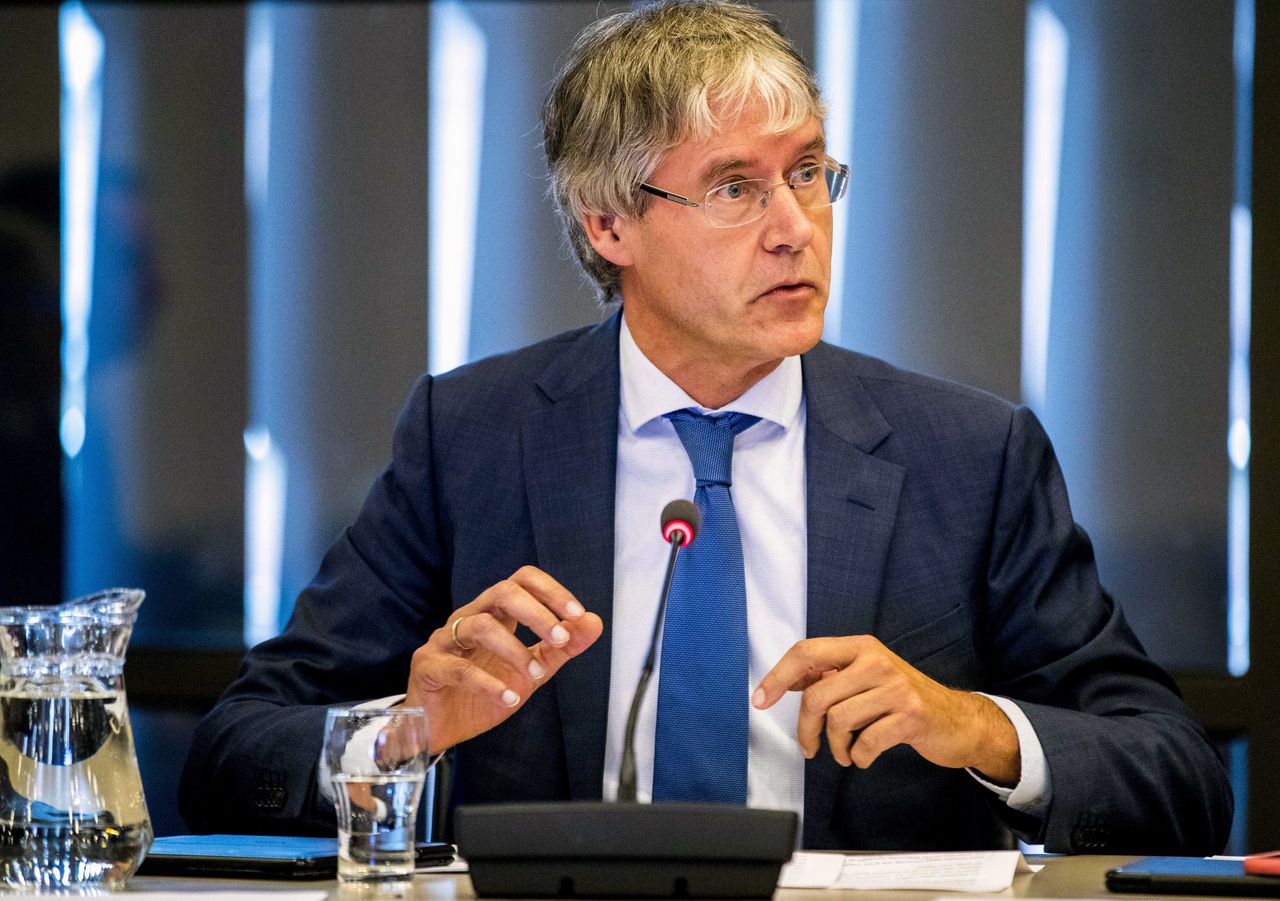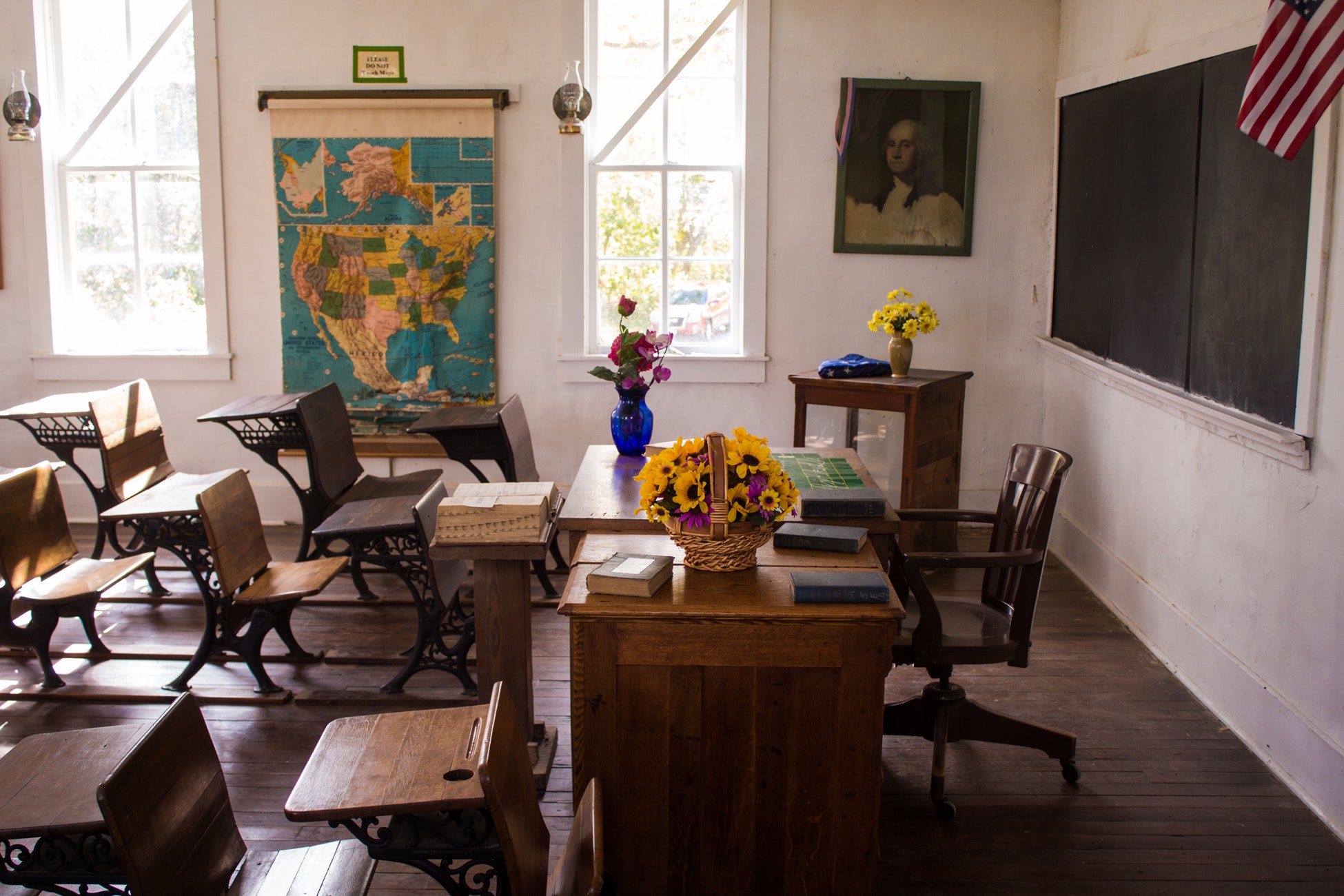Netherland Minister for Primary and Secondary Education, Arie Slob, has announced that the government intends to launch a new curriculum for the 2023-2024 school years, with the first transitional steps to start December.
The change comes days after the results for reading skills scores recorded by the country fell by 3.5 percent since 2015, and the Netherland currently sits below the average of all 37 states in the Organization for Economic Cooperation and Development (OECD), ranking.
According to Slob, the OECD results revealed that student performance is on the decline, necessitating the need for change in the school curriculum.
The Minister for Education noted that primary and secondary school education prepares for a substantial overhaul, with schools now allowed to dictate about one-third of how teaching time should be spent.
He added that schools would still be required to focus their attention on reaching math, sciences and reading goals.
In his announcement, Slob said the government was trying to modify the current curriculum deemed to be too fragmented, compact, and somewhat outdated.
The Minister further explained that the government was putting in place a mechanism to address the teacher shortage. And would do everything possible to grant the teachers demand to prevent the two-day strike planned for January.
Slob said the proposed changes are based on discussions with over 150 teachers and members of school leadership, and a survey of thousands more.
€460 million to support teacher pay
In a bid to deal with the country’s continuous teacher shortage, Slob proposed a 460 million euro one-off investment in the education system to boost teacher pay.
Over the next five years, a maximum of 48 million euros per year will be available for secondary schools facing declining pupil numbers in their region.
All secondary schools are eligible, but their applications must be based on consultation with local primary schools, the municipal authorities, and post-secondary education providers.
Education unions said the commitment falls short of what the country needs, noting that structural improvements with budget increases over the long-term are a more effective solution.
Arie Slob shouldn’t cut Islamic school funding
Also, recently, the Education minister, Arie Slob has been told by the highest Dutch administrative court not to stop the financing of Amsterdam’s only Islamic secondary school.
Slob wanted to stop funding for the Cornelius Haga Lyceum because the school had failed to appoint an acceptable interim administrator.
However, the Council of State said that Slob would have been breaking his ministry’s own rules if he cut off the funding at once.







